The following provides a list of conditions, syndromes and diseases that may be linked to DeafBlind. Please note, this is not a complete list.
Aicardi Syndrome
Alport Syndrome
Alström Syndrome
Apert Syndrome
Asphyxia
Bardet-Biedl Syndrome
Batten Disease
CHARGE Syndrome
Chromosome 18
Cockayne Syndrome
Cogan’s Syndrome
Cohen Syndrome
Congenital Rubella Syndrome Congenital Syphilis
Congenital Toxoplasmosis
Cornelia de Lange Syndrome
Cri du Chat Syndrome
Crouzon Syndrome
Cytomegalovirus (CMV)
Dandy-Walker Syndrome
Deafness-Dystonia-Optic Neuronopathy Syndrome
(Mohr-Tranebjaerg Syndrome) Deletion Syndrome
Direct Trauma to the eye and ear Donnai-Barrow Syndrome (FOAR) Down Syndrome
Duane Syndrome
Edwards Syndrome (Trisomy 18) Encephalitis
Fetal Alcohol Syndrome
Flynn Aird Syndrome
Friedreich’s Ataxia
Goldenhar Syndrome
Hand-Schüller-Christian Disease Hurler Syndrome
Hydrocephaly / Hydrocephalus Infectious diseases
Kearns-Sayre Syndrome
Klippel Feil/Wildervanck Syndrome Klippel-Trenaunay Syndrome
Kniest dysplasia
Leigh’s Disease
Marfan Syndrome
Marshall Syndrome
Maroteaux-Lamy Syndrome (MPS VI) Maternal Drug Use
Meningitis
Microcephaly
Moebius Syndrome
Monosomy 10p
Morquio Syndrome (MPS IV-B)
Neonatal Herpes Simplex (HSV) Neurofibromatosis
Bilateral Acoustic Neurofibromatosis
Norrie disease
Optico-Cochleo-Dentate Degeneration
Pallister Killian Mosaic Syndrome
Patau Syndrome (Trisomy 13)
Pfieffer Syndrome
Pierre-Robin Syndrome
Prader-Willi
Prematurity
Refsum Syndrome
Rubella
Scheie Syndrome
Severe Head/Brain Injury
Smith-Lemli-Opitz (SLO) Syndrome or SLOS Stickler Syndrome
Stroke
Sturge-Weber Syndrome
Treacher Collins Syndrome
Turner syndrome
Usher’s syndrome Type I, II, III
Vogt-Koyanagi-Harada Syndrome
Waardenburg Syndrome
Wolf-Hirschholm Syndrome
Wolfram Syndrome

The Power of People-First Language
This blog post from Parent to Parent USA discusses the importance of people-first language in referring to individuals with disabilities. It explains how this respectful language emphasizes personhood over disability and combats stereotypes and discrimination. The post delves into the historical advocacy for such language, its role in inclusive communication, and provides guidelines for its proper use.
Read More...
Volunteer Support Parent Training
Join Families Helping Families of Acadiana’s Acadiana Parent Connection for this free training to learn how to support parents of newly diagnosed children and become a Volunteer Support Parent.
Read More...
Upcoming EarlySteps Family Orientation Webinars
New to EarlySteps? These live webinars introduce you to Louisiana’s Part C program and what you can expect for you and your family. Register today!
Read More...


